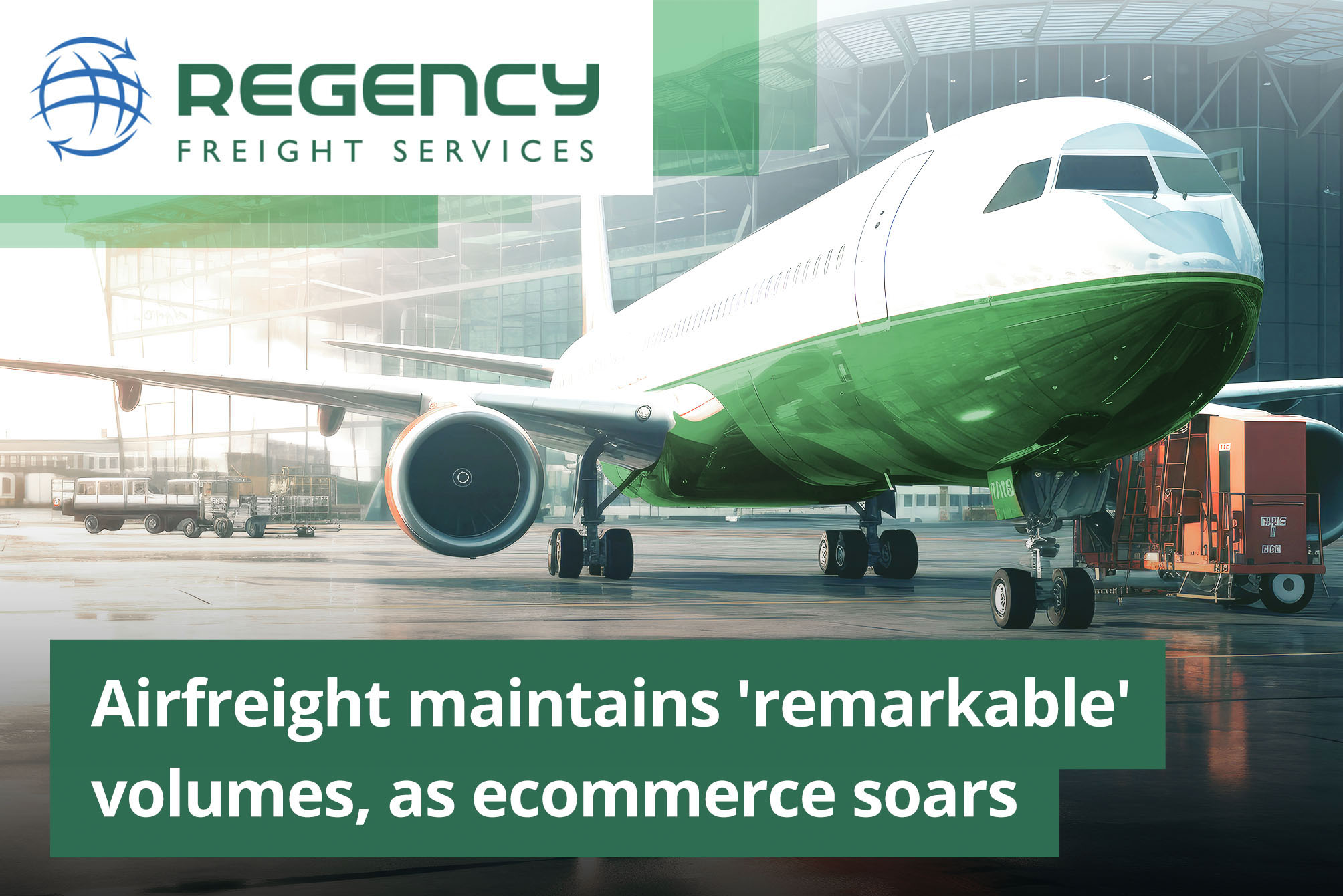Airfreight maintains 'remarkable' volumes, as ecommerce soars6 Comments15 July 2024
It seems the US Customs and Border Protection (CBP) agency’s latest rules on ecommerce imports, and more scrutiny of goods, have not impacted airfreight rates. While several sources have told The Loadstar that planned ecommerce-focused services set to launch in the second half had foundered somewhat, existing traffic has held steady as have rates – in fact, air cargo continues to have a surprisingly good summer. “There are remarkable volumes in the market,” said Niall van de Wouw, chief airfreight officer of Xeneta. “We’ve gone from likely to probable that there could be double-digit growth this year. I’m not picking up any signals that things might go south. “Rates are going bonkers on the sea, and crazy rates can lead to unreliable services – which is good for airfreight. The air cargo industry is not really in control of its own destiny, it has ups and downs, but just imagine if ecommerce wasn’t there.” An airfreight forwarder in Shanghai added: “I have personally not yet seen any declines in the e-commerce business, even after the news that US and EU Customs are checking small parcels out of China more strictly. “The overall e-commerce volume is occupying more than 50% of airline capacity at the moment. The latest air freight outbound rates ex-China have been pretty steady for a few weeks.” He added that airfreight could ease off as the summer progressed – if ocean freight does. “But I don’t think airfreight will drop off significantly.” A Singapore-based forwarder added: “It seems the airfreight market ex-Asia to the US is very buoyant. Most of the Asian airlines are saying their space is fully booked out for June, and are only accepting new bookings based on express ratings. “For Asia to Europe, the situation is not as bad and airlines are still able to accept bookings for June on general cargo rates. However, for most origins, airlines are providing rates on a weekly basis now, due to the volatility of the market.” Much of the market remains sceptical about ecommerce and its longevity. Ecommerce volumes continue to hamper capacity procurement for the rest of the market and forwarder Iain Donald, director of ISD Logistics Solutions, noted on social media: “I know I am not the only freight forwarder that sees the rise of ecommerce adversely effecting airfreight solutions available for commercial cargo availability. “There has to be a limit at some stage, otherwise other parts of economies will be left behind, with constant imports of cheap, throw-away ecommerce being shipped into countries, affecting local economies that once had a prominent status. “Is there no concern from [ecommerce platforms] on the latest findings by US CBP on goods shipped in from the world’s shop? If I was involved in any part of the logistics of these shipments, I would certainly be thinking twice now.” And Jonathan Holmes, global sales strategy lead for ANA Cargo, questioned the real value of ecommerce to carriers. “For commercial carriers, ecommerce is an economic loser. It’s the lowest-yield cargo and is high-volume. Commercials get paid by the consolidation, as opposed to integrators which get paid by the package. “The nature of ecommerce logistics is to continuously reduce costs. The rate of reduction in what consumers are willing to pay is much steeper than commercial carriers can make up in cost reductions. In this game, the commercials get the life squeezed out of them over time. “In a relatively short time the smart commercial carriers will have exited the ecommerce squeeze game, and it will largely be the province of the integrators. There is just not enough margin (or none) for commercial carriers to live on it.” But, for this year at least, it looks as if those volumes are here to stay. By: Alex Lennane |
|
   |
